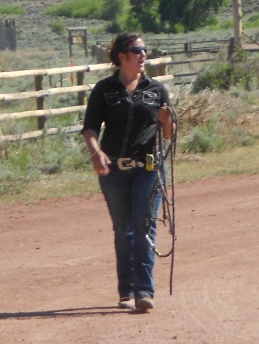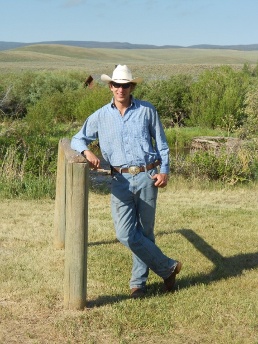Review Picture
Loading Picture...

Review Question
Question: Could the person in this picture have dressed more appropriately for a day in the sun?
Yes
No
Yes, this person could be dressed more appropriately.
Correction

Additional Guidelines and Recommendations
- Workers are aware of high temperature dangers, and know to advise and monitor guests for heat exhaustion/stroke.
- Children more readily absorb heat than adults and are less able to physically dissipate it.
- Workers are trained in the signs and symptoms of heat exhaustion and heat stroke and monitor visitors for these signs.
- Workers monitor the heat index (combination of temperature and relative humidity), and take extra precautions if it reaches or exceeds 90 degrees.
- When the heat index is high, strenuous activities are closed or rescheduled to early morning or evening.
- An area is available where visitors can go for relief from the heat (air-conditioned area is best).
- In areas where air-conditioning are not available, a shaded area or canopy should be utilized.
- Fresh drinking water is available for visitors to stay hydrated, especially during extreme heat.
- Workers are trained to offer drinking water and encourage visitors to drink frequently.
- Water systems that supply drinking water have been inspected by local public health authorities.
- If any visitor exhibits symptoms of heat stroke, call 911 or an ambulance. Immediate medical attention is required.
Resources
Slide Navigation
- Emergency Prep & Planning Walkthrough Conclusion
- Emergency Prep & Planning Walkthrough 11
- Emergency Prep & Planning Walkthrough 10
- Emergency Prep & Planning Walkthrough 9
- Emergency Prep & Planning Walkthrough 8
- Emergency Prep & Planning Walkthrough 7
- Emergency Prep & Planning Walkthrough 6
- Emergency Prep & Planning Walkthrough 5
- Emergency Prep & Planning Walkthrough 4
- Emergency Prep & Planning Walkthrough 3
- Emergency Prep & Planning Walkthrough 2
- Emergency Prep & Planning Walkthrough 1